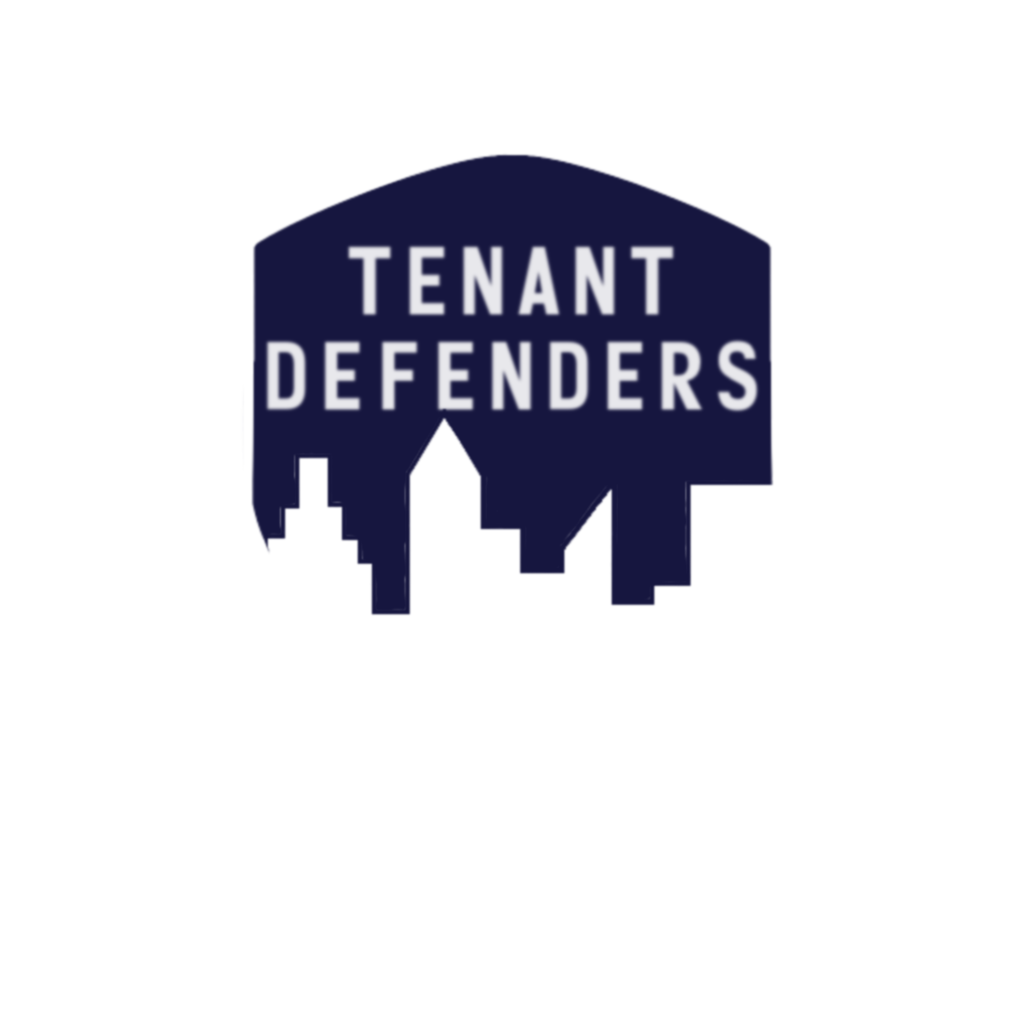Tenant Protection for California Tenants
On January 1, 2020, California enacted Statewide eviction control, and capped the amount of rent increases that most landlords can impose upon residential tenants. The bill that changed the law creates two new sections of the Civil Code, § 1946.2, and §§ 1947.12 and 1947.13
Civil Code § 1946.2, creates “just cause” requirements that protect long-term residential tenants from arbitrary eviction. Section 1947.12-13 limits the amount of a landlord may assess rent increases.
The following posts listed below attempt to answer specific questions related to these revisions to the Civil Code, and to highlight some of the most significant impacts they have on tenants’ rights. Please look over the information provided and feel free to send us any questions you have.
As is always the case, how these laws will affect the rights of any individual tenant will vary depending on the unique facts of his or her situation.
Eviction Control (Civil Code §1946.2)
Rent Control (Civil Code §1947.1)
If you are a California tenant and have any interest in saving yourself money, and want to avoid headaches over disputes involving your rental property, then there has never been a better time to schedule a consultation with a tenants’ rights attorney to better understand how the Tenant Protection Act impacts your landlord-tenant relationship.
These protections can greatly assist tenants to establish stable homes over the long-term in the same rental location instead of having to move with regularity. You may also be able to avoid absorb the expense of unlawful rent increases.
Your landlord’s attempt to increase the payment of rent or terminate your tenancy may not be lawful.
Using the law to your advantage requires effective advocacy, and expert navigation of the court system to have force and meaning. We are happy to hear from tenants about their situations, and happy to speak with you about how we can help.
Our services are not free, but the value of the information, guidance and advocacy we will provide to you will more than pay for itself. Not only in the immediate situation you face, but in numerous other interactions you may have with your landlord or property manager in the future.
